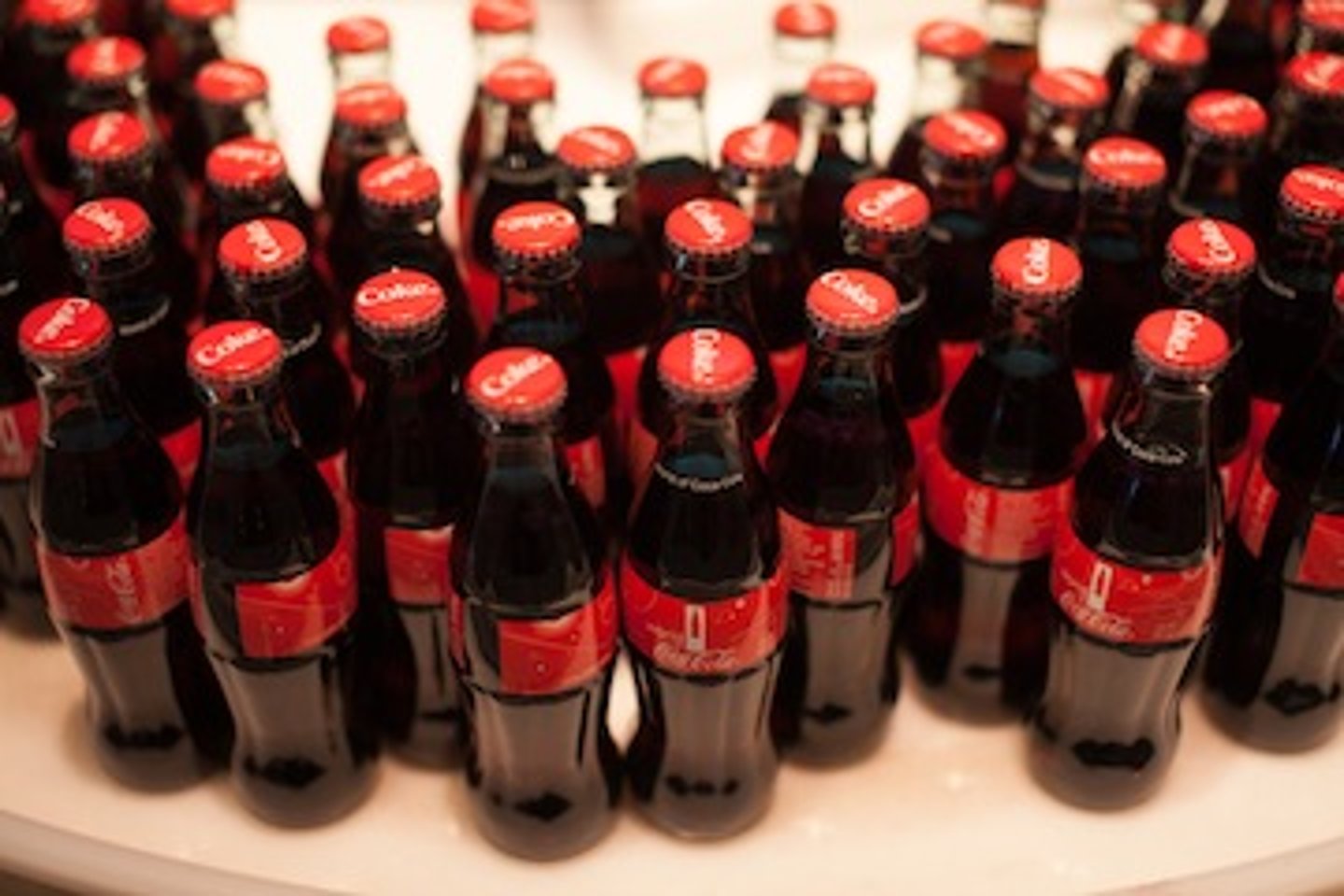Too much sugar in Canadian pop? Medical group says yes
A global advisory panel of medical experts is calling on the world's sugar-sweetened soft drink manufacturers to reduce the amount of sugar in their products to help fight obesity.
According to research released this week by England-based Action on Sugar, 88% of sugar-sweetened soft drinks surpass the 25-gram (or six teaspoon) daily maximum of free sugars as recommended by the World Health Organization.
While Sprite in Thailand was found to contain the highest amount of free sugars–the equivalent of 12 teaspoons of sugar in a single can–drinks in dozens of other countries, including Canada, were found to have what the group called "shockingly high and unnecessary levels" of sugar.
Levels of sugar were notably high in Canadian versions of Coca-Cola, 7-Up and Dr. Pepper compared to the same products in other countries, Action for Sugar found.
Earlier this year Coca-Cola announced that it would reduce the calorie count of Coke in Canada by eight per cent to bring the sweetness in line with how the beverage tastes elsewhere in the world.
Each 355 ml can contains 39 grams of sugar, or 10 teaspoons, whereas a 330 ml serving of Coke in the U.S contains 36 grams, or nine teaspoons. Action for Sugar said that Canadian Coke has more sugar in it than Coke in any of the 36 other countries it examined.
According to the only Canadian on the group's list of 23 international medical and obesity experts, sugar-bearing carbonated beverages represent 7% of daily calories consumed by North Americans.
"That is an awful lot for a product that has no nutritional value and is super easy to consume," Dr. Yoni Freedhoff, an assistant professor of family medicine at the University of Ottawa, told Canadian Grocer.
In addition to government educating people on the issue of obesity, he recommended a sugar tax on sugary beverages, including energy drinks, like the one introduced in Mexico.
According to Dr. Freedhoff, the tax has lowered drink consumption by 12%.
But the president of the Canadian Beverages Association disagrees.
"The Mexican tax has reduced calories by six per day (and) killed 1,200 jobs," Jim Goetz said. “Denmark also brought in a sugar and fat tax, but repealed it because there were no benefits and it encouraged cross-border shopping."
Goetz said that sugar-sweetened beverage consumption has fallen 17% in Canada over the past 10 years thanks to new product development, reformulation, and increased availability of smaller pack sizes.
"Almost 50% of the beverage market in Canada has low or no sugar," he said. "Consumers can choose what best suits their lifestyle."
Coca-Cola, for example, earlier this year shrunk the dimensions of its most popular bottle size by 15 per cent, from 591 ml to 500 ml introduced a sleeker 310 ml can It also ramped up production of 222 ml mini cans.
Goetz added that caloric intake from carbonated soft drinks and energy drinks also represented about 2.5% of caloric intake in Canada.
"That's as much as salad dressing," he said. "For an organization to suggest companies reformulate to reduce that further is, we believe, extremely heavy handed."
The Canadian Beverages Association represents more than 60 companies that make juices, soft drinks, bottled waters, sports drinks, energy drinks and other non-alcoholic beverages. It is based in Toronto.

